Dogs Drool: What their saliva says about their health and emotions.
If you're a dog owner, you've likely experienced it before - the glistening drool that drips from your furry friends mouth onto the floor.
Whether it's when they anticipate mealtime or simply when they're feeling relaxed, dogs have a tendency to salivate more than most other animals.
But have you ever stopped to wonder why?
Despite being a simple biological process, there are actually a variety of reasons for excessive drooling.
From physiological reactions to certain triggers to medical conditions, the reasons behind why dog's drool can vary from one pooch to the next.
In this blog post, we'll be delving into the world of dog drool and exploring the different factors that can affect the amount of saliva your dog produces.
So, grab a towel and get ready to dive into the fascinating world of why dog's drool.
You may also be interested in our "Do Dog's Burp like Humans" blog post.
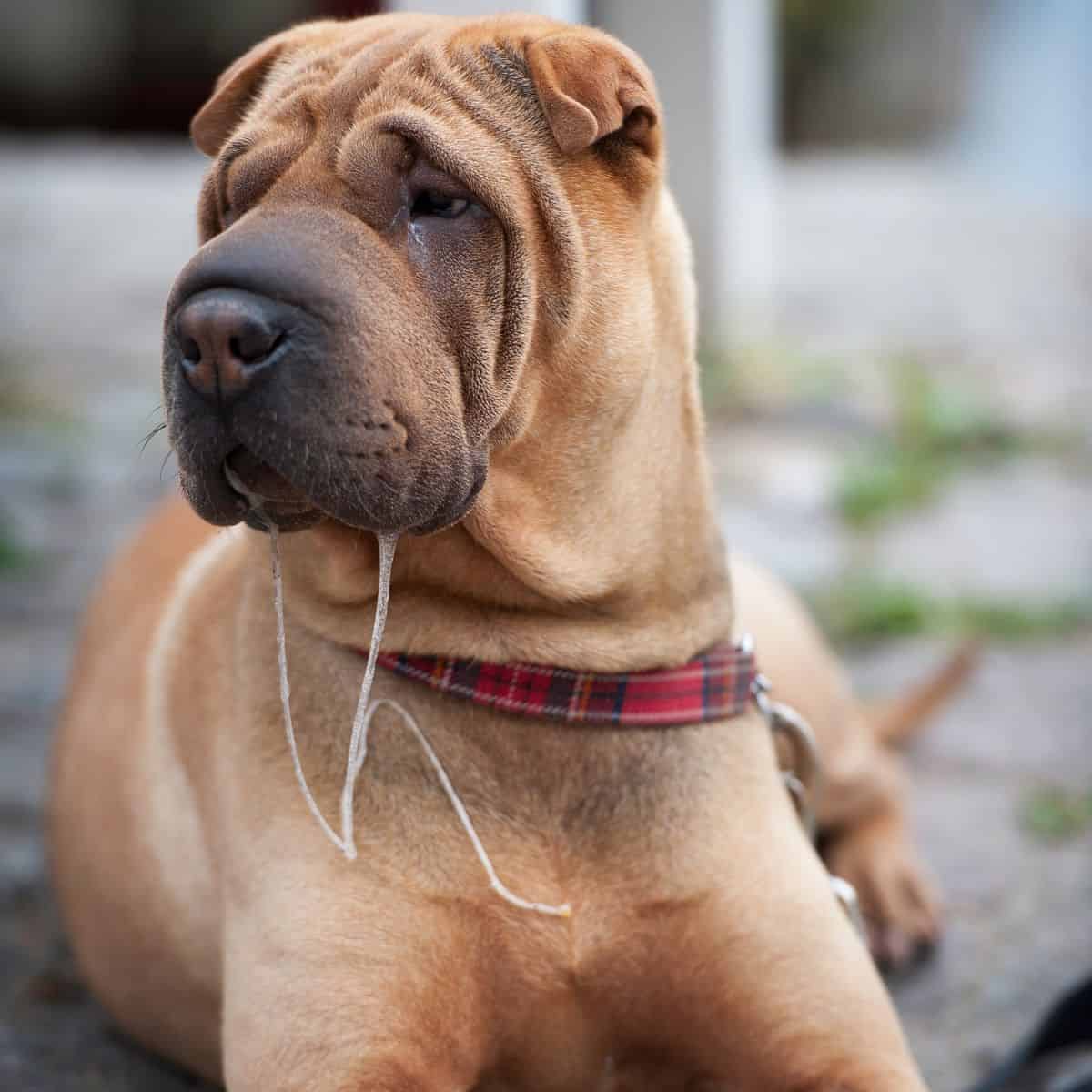
Normal Salivary Production in Dogs Drool
Dog's salivating is a crucial physiological function for most dogs.
The average dog produces between 2 to 4 cups of saliva per day, and normal salivary production is dependent on various factors such as age, breed and health status.
Saliva serves several important functions in dogs, including lubricating the mouth to aid in swallowing, breaking down food, and protecting the oral cavity from harmful bacteria.
Some breeds, such as the Mastiff, Bulldog and Newfoundlands are known for their excessive drooling due to their floppy jowls and enlarged salivary glands.
If a dog's drooling becomes excessive or is accompanied by other symptoms, such as dehydration or lethargy, it's important to seek veterinary care to rule out any underlying health conditions that may affect their salivary production.
Nervousness or Excitement Causing Dogs Drool
Wehn a dog drools excessively, it can be a sign of various physical and emotional factors.
One such factor is nervousness or excitement.
When a dog is feeling anxious, scared, or overly excited, their body can produce excess saliva.
The drooling may be accompanied by other physical signs such as trembling, panting, and whining.
It's essential to identify the cause of your dog's emotional state as prolonged anxiety or fear can cause more severe health problems in the long run.
It's important to handle these situations with caution and try to calm the dog by providing a comfortable environment, adequate exercise, or positive reinforcement training techniques.
In some cases, the use of anti-anxiety medication prescribed by a veterinarian may also be needed.
Taste Bud Stimulation
Aside from hunger and excitement, taste bud's being stimulated is another common cause of dogs drooling.
Dog's may drool when they encounter an odor or taste that they find appealing.
This is because the smell and taste of food trigger's the release of saliva in dogs, as it prepares their digestive system to receive the food they are eating.
This is noticeable when a dog sees something they enjoy, such as a delicious treat or a fresh bone to chew on.
Some breeds of dogs have more pronounced reaction to how food tastes than others, which is why some dogs are more prone to drooling than others.
If you're concerned about their drooling while eating, you should make note of your dog's response to food and other odor's that may trigger your dog to salivate.
Disease or a Medical Condition
Drooling in dogs may be a sign of disease or medical condition.
It is important to be aware of the variety of medical conditions that could be the cause of your dogs drool excessively.
Some common medical issues include dental problems, mouth ulcers, and gastrointestinal issues.
Additionally, neurological problems like seizures or nerve damage can cause excessive drooling.
It's important to monitor your dog's drooling habits and schedule regular veterinarian check-ups to make sure any underlying medical issues are caught and treated as soon as possible.
By addressing any medical conditions promptly, dog owners can help their beloved dog's to live happy and healthy lives.
Some Breeds are Prone to Drooling
Dog's are known to drool for a variety of reasons, including excitment, hunger, anxiety, and anticipation.
However, some breeds are more prone to drooling than others, and it's important to be aware of these breeds to better understand your dog's drooling.
Some breeds, such as the ST. Bernard and the Bloodhound, were originally bred for tasks that require a lot of physical exertion, such as search and rescue, which can cause them to drool excessively.
Other breeds, like the Mastiff and Bulldog, have large jowls and loose skin around their mouths, making it more difficult for them to control their drooling.
Understanding which breeds are prone to drooling can help dog owners in managing their pet's drooling, such as providing them with a bib or towel to keep their mouths clean, and seeking veterinary attention if the drooling becomes excessive or unusual for the particular breed.
Final Thoughts on Dogs Drool
To sum up, dogs drool for a variety of reasons, including the anticipation of food, excitement, anxiety, and certain health conditions.
It's a natural and normal behavior, and most dogs do it to some extent.
However, excessive drooling can be a sign of an underlying health issue, so it's important to keep an eye on your dog's drooling habits and seek veterinary attention if you notice any concerning changes.
Overall, understanding why dog's drool can help us better care for and appreciate our furry friends.
Pin It and Save It for Later
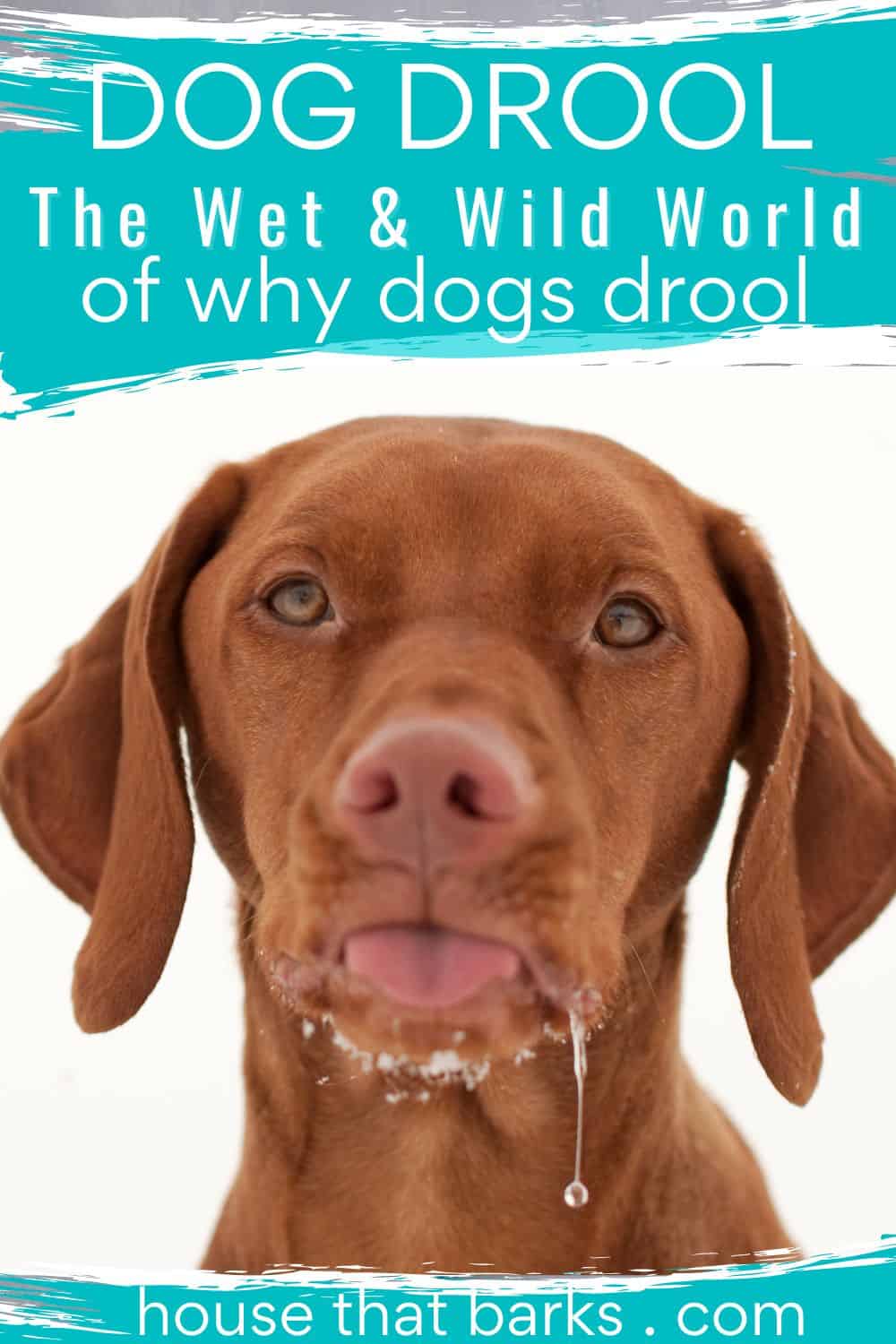

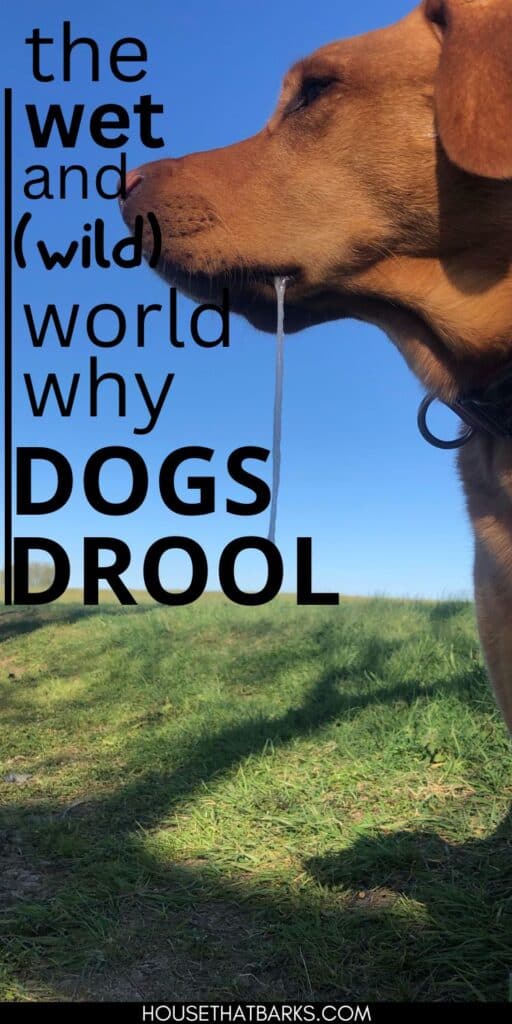
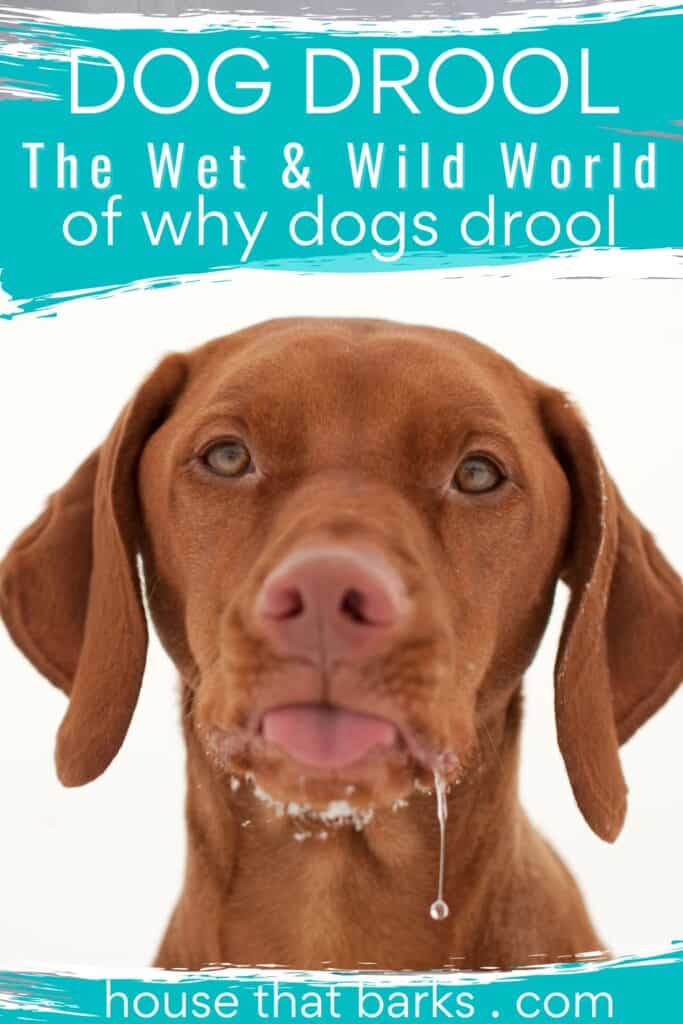
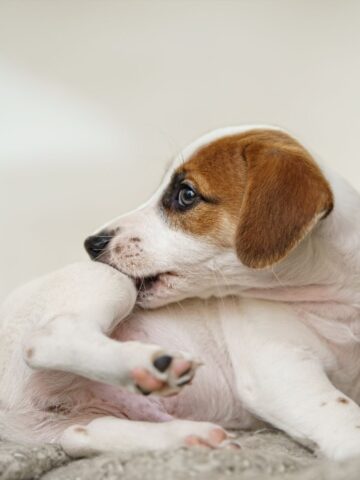
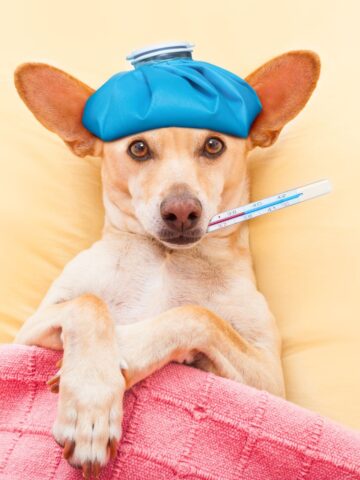
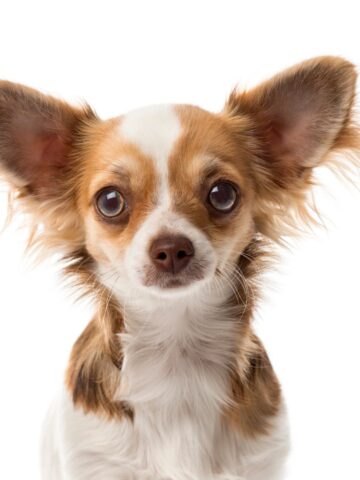
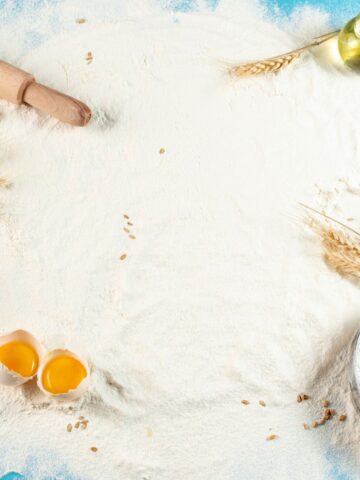
Leave a Reply